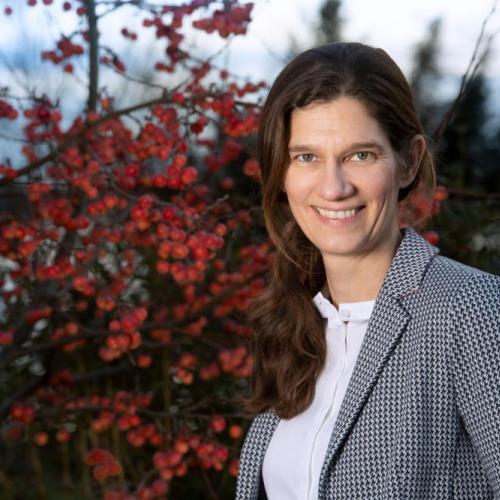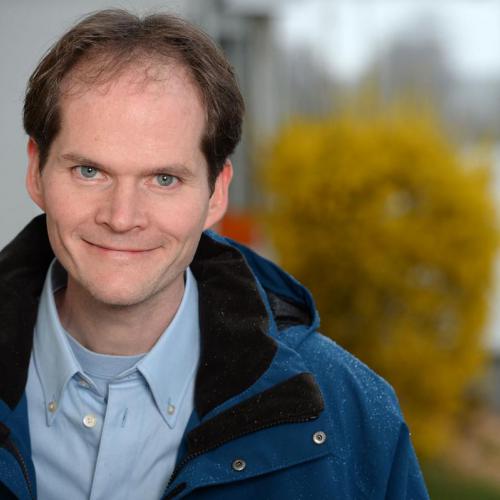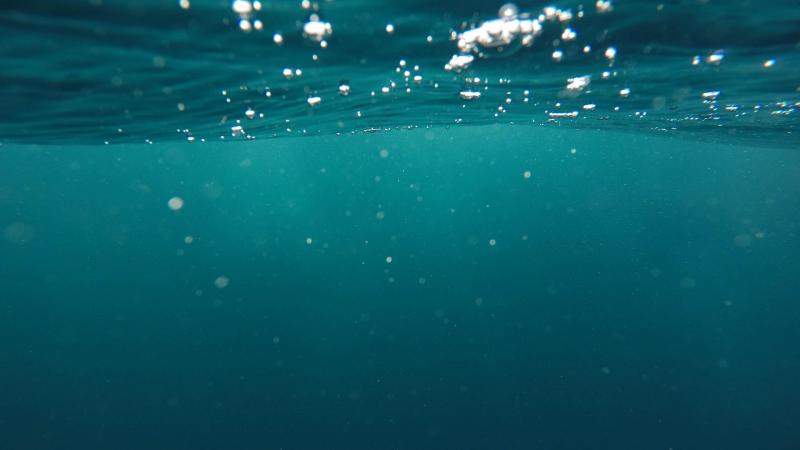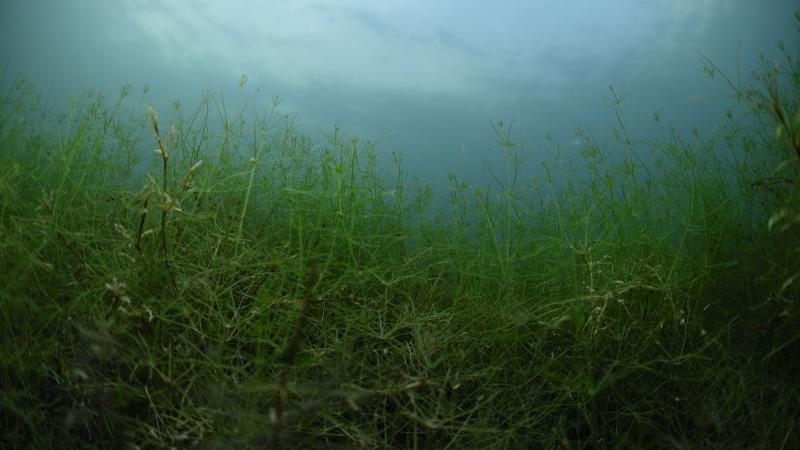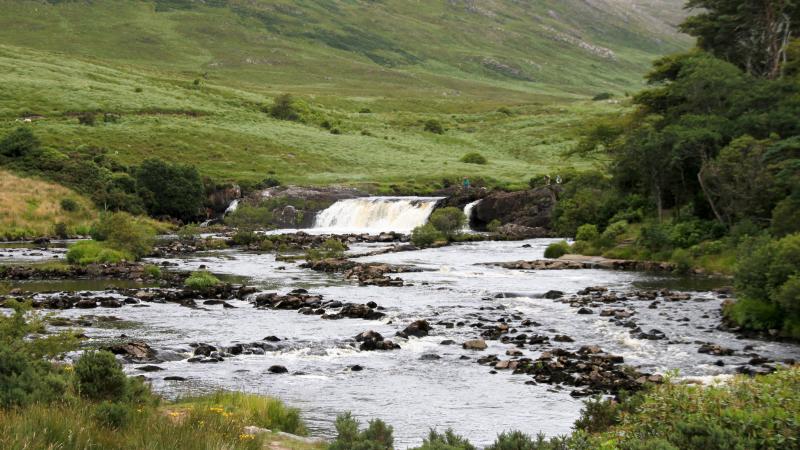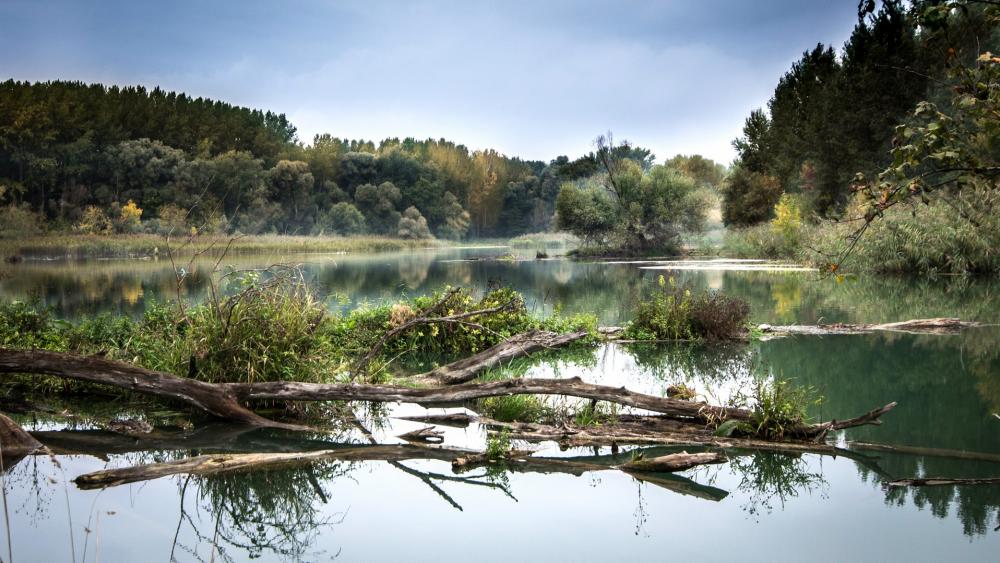
Inland waters are hotspots of biodiversity and binding EU restoration targets can help to protect nature and its ecosystem services. | Photo: Lubos Houska / Pixabay.
The IGB scientists strongly supports the plan to develop binding EU nature restoration targets, because inland water ecosystems are of high ecological, economic and societal value, and also hotspots of biological diversity. Binding EU nature restoration targets can be a reasonable and suitable tool to better protect inland waters and their ecosystem services they provide.
Nevertheless, care should be taken that inland water bodies, particularly rivers, should not only delineate protected areas. Achieving fixed area coverage (e.g. a certain percentage) is not necessarily meaningful for inland waters because of their small spatial extent; rather catchments are central units – these should be seen and managed independent of national and administrative borders. Additionally, freshwater restoration success will largely depend on the pertaining external and internal processes in inland waters. Aquatic ecosystems do not exist in isolation but are closely linked to their terrestrial surroundings and vice versa.
Overall, freshwater biodiversity conservation needs an integrative, horizontal and vertical approach in policymaking. Holistic and ecosystem-based management approaches must be applied to be effective and efficient. The restoration targets should be clearly defined and practical indicators for assessing progress towards the conservation and sustainable management of inland waters and their biodiversity must be developed.
IGB’s consultation feedback position on aquatic biodiversity in inland waters and the planned binding EU restoration targets can be downloaded here.


